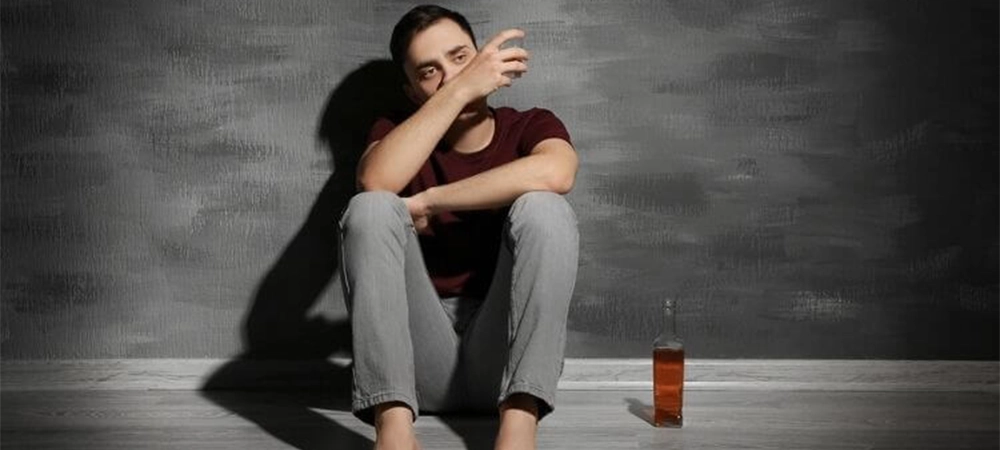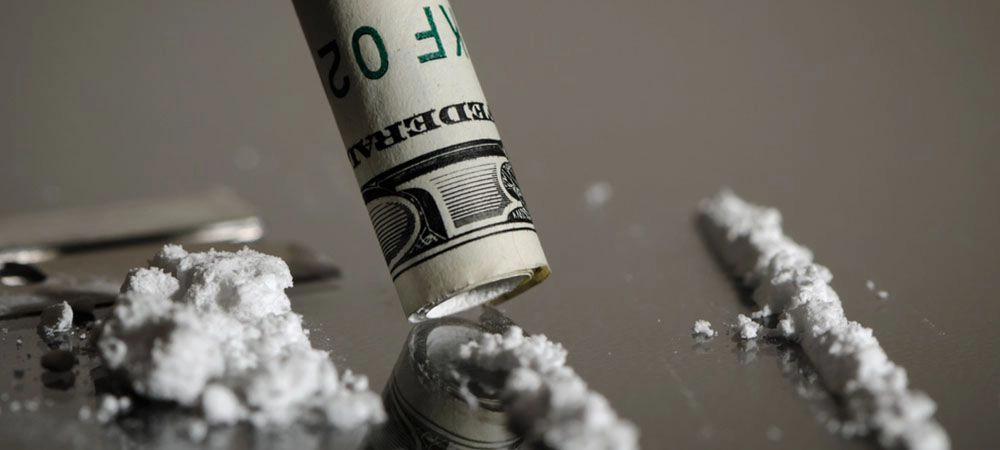Recovery is an enduring process of enhancing your complete state of mind and well-being. However, there’s another “R” in addiction that no one likes — Relapse. While undergoing recovery, understanding the strategies to avoid addiction relapse is essential. This is because relapse is a common phase in the addiction treatment and recovery process.
Several options are available for you to go through your recovery process with ease. During recovery, you’ve several options to prevent relapse and stay focused on your recovery plan. In some cases, it may be as simple as taking a few minutes to put together everything and stay sober.
Other times, you may decide to invite your sponsors, guidance, or a friend to talk through a vital situation. Also, some individuals may engage in physical exercises such as push-ups to gather thoughts and reshape their minds toward recovery.
There is no magic to help a drug or alcohol abuser avoid relapse. Generally, staying sober and clean for life after addiction requires a lot of commitment and hard work. Nevertheless, there are several tips on how to avoid addiction relapse altogether.
As an addiction treatment provider in Ontario, we’ve put together some strategies to avoid addiction relapse during and after addiction treatment. Our aim at Addiction Rehab is to ensure our patients don’t experience relapse. Before we look at tips to prevent addiction relapse, let’s look at what an addiction relapse is.
Related Article: https://www.addictionrehabtoronto.ca/6-warning-signs-relapse/
What is Addiction Relapse?

Relapse happens during an addiction recovery process. For someone undergoing treatment, mistakes can happen. You can feel bad, or sad, or start using drugs again.
Simply put, relapse is the return to drug use or abuse. However, this is normal and prevalent with people recovering from substance abuse. Over 60% of people who go through addiction treatment end up suffering a relapse:
Typically, relapse in addiction falls into two (2) categories:
Complete Relapse
Usually, this happens when an addict intentionally seeks out drug or alcohol use. This can be for a full binge or one session. However, once the person begins the addiction treatment procedure again, it’s known as relapse. Otherwise, it’s considered a full-blown addiction triggered by relapse.
Slip Relapse
An addict under recovery treatments, consuming a small amount of drug or alcohol, before stopping is an example of slip relapse. Typically, slip relapse includes taking a drag from a joint passed by someone, sipping wine at an event, etc.
Common Causes of Addiction Relapse
There are several causes of addiction relapse and triggers. However, here are a few common causes of relapse:
Stress
Generally, one of the most common causes of relapse is stress. However, understanding how to manage stress by undergoing therapy will help recovering addicts avoid triggering situations.
Behaviour

Another typical relapse-causing factor is behaviour. Being around places or people accustomed to one’s addiction is another factor that can trigger a relapse. For instance, making a return to your favourite bar can trigger memories of those high moments.
Someone with little or no determination can be pushed to try out another bottle for the night. This happens mostly when the person is still in the early stages of drug addiction recovery.
Difficult or Negative Emotions
Although negative emotions or disasters are a normal phase of life. However, individuals dealing with addiction may see loneliness, anger, frustration, and anxiety as triggers for relapse. As such, during addiction therapy, it’s necessary to develop effective strategies to manage these feelings.
Four (4) Strategies to Avoid Addiction Relapse
In general, staying clear of substance abuse or helping an addict doesn’t require any particular skill. To stay sober and clean of any substance use requires an addict’s total commitment and hard work. However, there are several strategies to avoid addiction relapse. These strategies can also help to limit relapse potential while altogether avoiding relapse.
Here are a few tips to help you avoid addiction relapse:
Avoid Tempting Places or Events

Most patients often share their stories from staying close to substance and seeing how resistant they’ve become to it. In the long run, this may backfire. When it does, that individual may enter a state of relapse awaiting treatment.
Ultimately, this is dangerous. Although you may be able to resist the temptation, what happens when you can’t? Then relapse occurs, and you go back to treatment. If possible, stay away from any situations or events that can bring back old memories, thus causing full relapse.
Notably, these situations can either be emotional or physical. So, if you or your loved one is going through recovery, it’s best to avoid places with substance or related memories of the dark days.
Build a Productive Support Group or Network
Usually, circles of substance abuse groups consist of old buddies. In that order, you can create a network of supportive groups of addicts recovering from addiction or friends and families with positive energy.
Every addict must surround themselves with a positive and supportive group of people who don’t engage in drug or alcohol abuse. It’s also essential to have people with healthy behaviours who’ll support you in times of need.
Build a Healthy Plan or Lifestyle
In general, patients should have a daily schedule before leaving their treatment centre. This day-to-day schedule will include your treatment plan, necessary activities, daily living activities, meetings, and free time. Having a schedule after recovery is an excellent way to build a fresh and healthier routine.
Be Patient, Avoid Being Complacent
During recovery, complacency can be dangerous. It’s no news that addiction recovery is a long-term journey. So, it’s normal for addiction patients to become complacent over a period. However, it’s better to be motivated rather than become complacent.
Most patients are super motivated after completing their inpatient treatment. Typically, being motivated and optimistic will help you recover from addiction with ease.
Conclusion
Generally, there are several strategies to avoid addiction relapse. However, some are more efficient and reliable than others. Above, we have put together some tips to prevent relapse during recovery and after.
In our addiction treatment center in Ontario, we’ll teach strategies to avoid addiction relapse. This will also include how you can quickly identify common signs of relapse. However, if you do not seek professional help, you may not recognize these signs or understand the strategies.
Reach out to us today for premium addiction treatment services. For reliable support during recovery, you can check out our addiction treatment centre in Canada. Here at Addiction Rehab, we offer holistic, comprehensive treatment methods. Contact us today to learn more!
How to Bounce Back from a Relapse?








